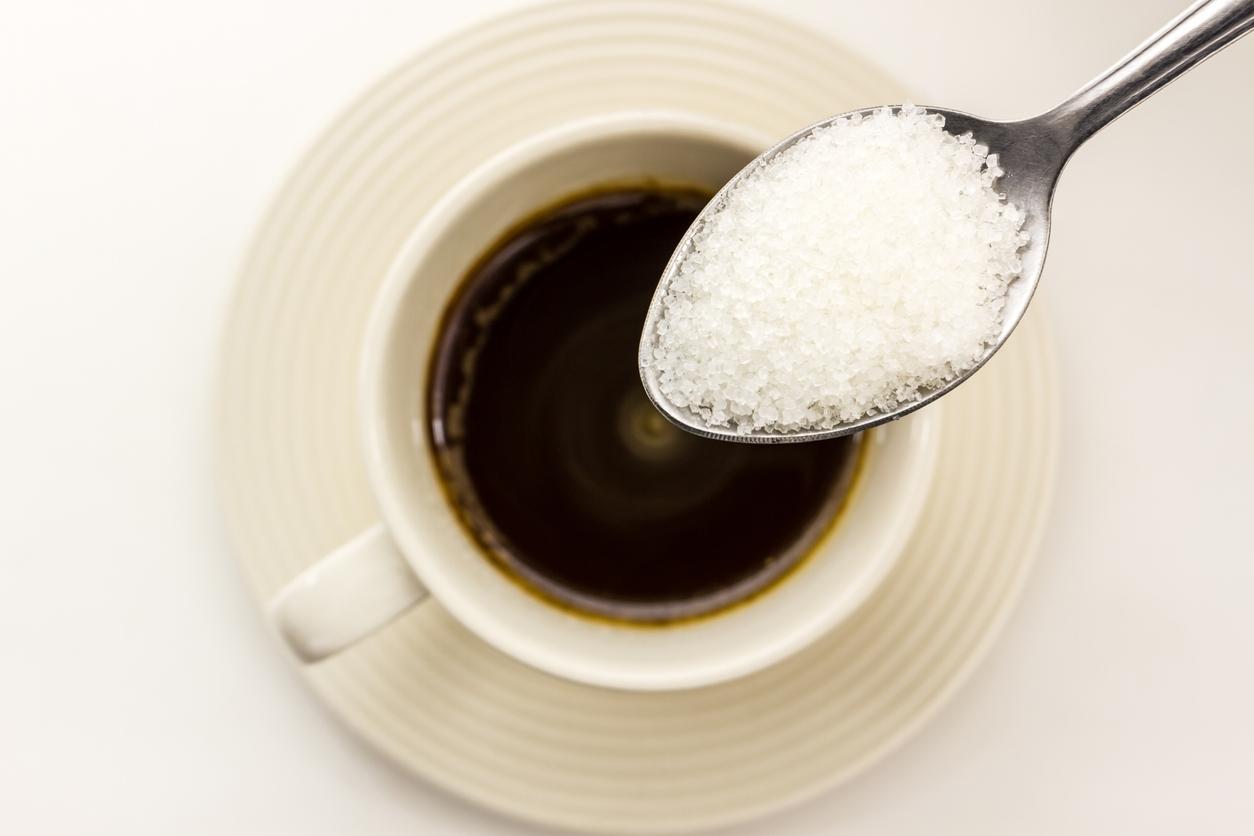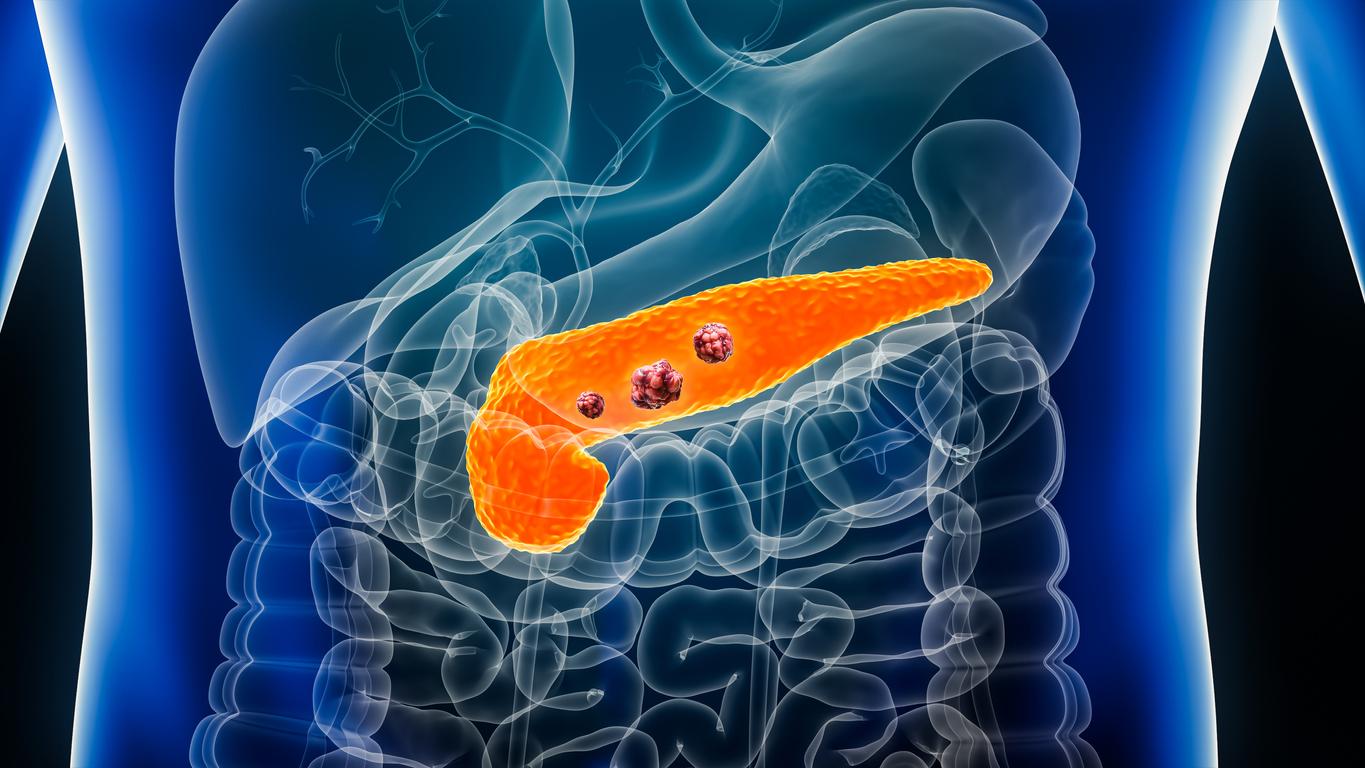Everyone now knows the damage caused by too much sugar. But beware, not all sugars are created equal. These can be divided into two groups.
The slow sugars cereals, those of starches (pasta, rice, bread) or even those of legumes. Consumed in reasonable quantities, these are essential for our good nutritional balance.
The so-called fast sugars they come from sweets, sodas, chocolate, pastries, the little white square that you add to your coffee. When these are taken in excess and too frequently, they can harm our health. The hyperglycaemia they cause can have deleterious effects and subsequently lead to overweight, type 2 diabetes, cardiovascular disease. Or damage to the nerves, eyes, or kidneys.
Conversely, according to the WHO, there are reliable data showing that a free sugar intake of less than 10% of the total energy intake reduces the risk of overweight, obesity and dental caries.
As for sugar addictione, it is the subject of debate within the scientific community. Some say it doesn’t exist. Yet there are famous experiments that demonstrate the opposite. In 2007, Serge Ahmed, researcher at the CNRS conducted a study on rats. When presented with cocaine and sugar, 90 of 100 rodents tested preferred sugar to cocaine. The signs of addiction have clearly manifested themselves: increasing consumption, problems to do without it, or recurrent relapses Conclusion if you throw yourself on chocolate at the slightest annoyance, or that sweets calm your anxieties, there are risks whether you are “addicted”. To spot a sugar addiction, certain signs should alert you.
Beware of hidden sugars
The problem is that most of the sugars we eat are “hidden” in processed foods that aren’t usually considered sweet. For example, a tablespoon of ketchup contains about 4 grams (about one teaspoon) of free sugars and a can of soda contains up to 40 grams (about 10 teaspoons).
The Food Agency (ANSM) recommends that adults consume no more than 100 g of total sugars per day (excluding lactose and galactose) and no more than one sugary drink (preferring fruit juices).
Read also:
- How many sugars are hiding in your favorite foods?
- Diet: diet coke, normal coke or zero?
- How to prepare a smoothie that is low in sugar and good for the line?
Sources:
- “I quit sugar in 20 days”, Véronique Chaouat, Alpen editions.
- WHO calls on countries to reduce sugar intake in adults and children (2015)
- “Sugars in the diet”, ANSM recommendations (2018)

























